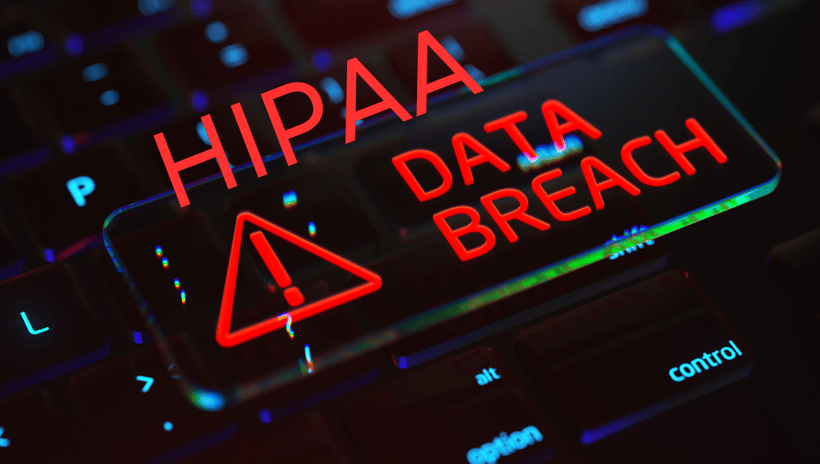Guarding Minds & Data: Navigating HIPAA Breaches in Mental Health Clinics
Within the sanctum of a mental health clinic, patients share their deepest secrets, placing immense trust in healthcare providers. But what happens when there's a hiccup in the data protection, leading to a breach? Dive into the intricacies of HIPAA breaches tailored for mental health clinics. We'll unravel the steps clinics should take, from immediate actions to long-term improvements, to protect patient data and rebuild trust. Discover how to navigate these challenging waters and ensure both minds and data remain secure.
Dr. Frances Robbins
8/19/20232 min read
The protection of sensitive patient information is a top priority for any healthcare provider, but for mental health clinics, the stakes can feel even higher. Given the sensitive nature of the information they handle, mental health clinics need to be especially vigilant. The Health Insurance Portability and Accountability Act (HIPAA) sets forth regulations for maintaining patient privacy, and it's crucial to understand the breach notification requirements.
Understanding the HIPAA Breach Notification Rule
The Breach Notification Rule under HIPAA mandates that covered entities and their business associates need to provide notification following a breach of unsecured protected health information (PHI).
What Constitutes a Breach?
A breach occurs when unsecured PHI is accessed, used, disclosed, or acquired in a manner not permitted under the Privacy Rule, which compromises the security or privacy of the PHI.
Notification Requirements
1. Affected Individuals: The clinic must notify all individuals affected by the breach without unreasonable delay and no later than 60 days from the discovery of the breach.
2. HHS: If the breach affects more than 500 individuals, the clinic needs to notify the Secretary of Health and Human Services (HHS) without unreasonable delay, and no later than 60 days. For breaches affecting fewer than 500 individuals, the clinic can maintain a log of such breaches and submit it annually to HHS.
3. Media: For breaches affecting more than 500 individuals in a single state or jurisdiction, the clinic must also notify prominent media outlets serving the state or jurisdiction.
4. Business Associates: If the breach occurred at or by a business associate, they must notify the covered entity without unreasonable delay.
Steps for Mental Health Clinics to Manage HIPAA Breaches
1. Immediate Containment: First and foremost, stop the breach. This might involve disconnecting compromised systems, changing access controls, or other immediate measures.
2. Internal Assessment: Determine the cause and extent of the breach. Identify which records were accessed or disclosed and the number of patients affected.
3. Notification: Comply with the notification requirements as mentioned earlier.
4. Mitigation: Offer credit monitoring services for affected individuals if the breach could potentially lead to identity theft or fraud.
5. Review and Improve: Evaluate how the breach occurred and improve security measures to prevent future incidents. This may include enhanced training for staff, software upgrades, or revisiting access controls.
6. Documentation: Document all steps taken in response to the breach. This is crucial for potential audits and for building trust with your patients.
7. Training: Ensure all staff members are well-trained in HIPAA compliance. Regular training sessions can reduce the risk of accidental breaches.
Conclusion
HIPAA breach notification is more than just a legal obligation; it’s a matter of trust. Patients entrust mental health clinics with their most intimate information, and it's our duty to protect it. By understanding breach notification requirements and having a plan in place, mental health clinics can ensure they're doing everything possible to uphold this trust.


Frances Robbins, DBA, MIH, MSN, APRN-PMHNP-BC
USAF Veteran | Over 20 Years in Mental Health Expertise | Turning Vision into Exceptional Practices


